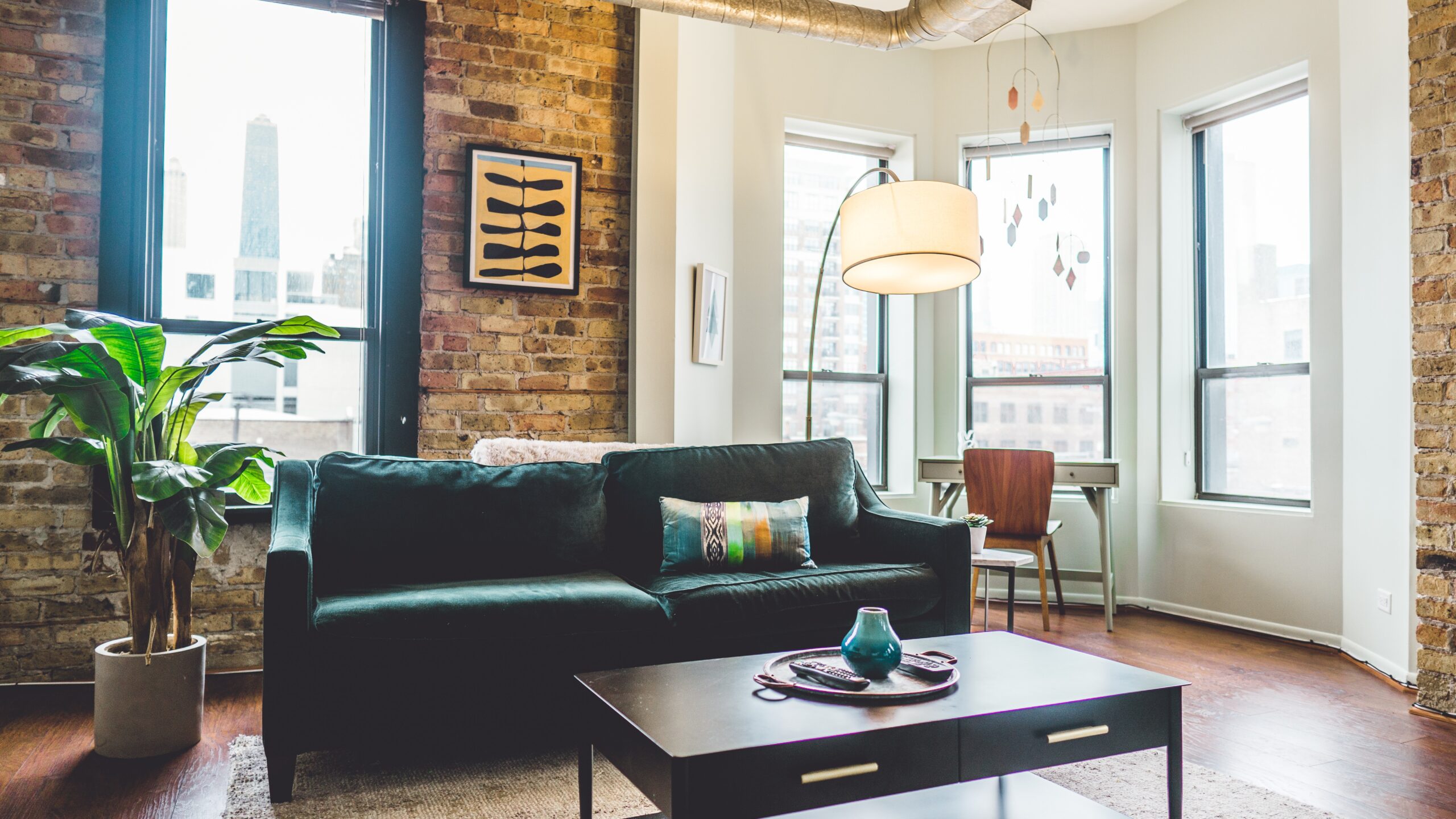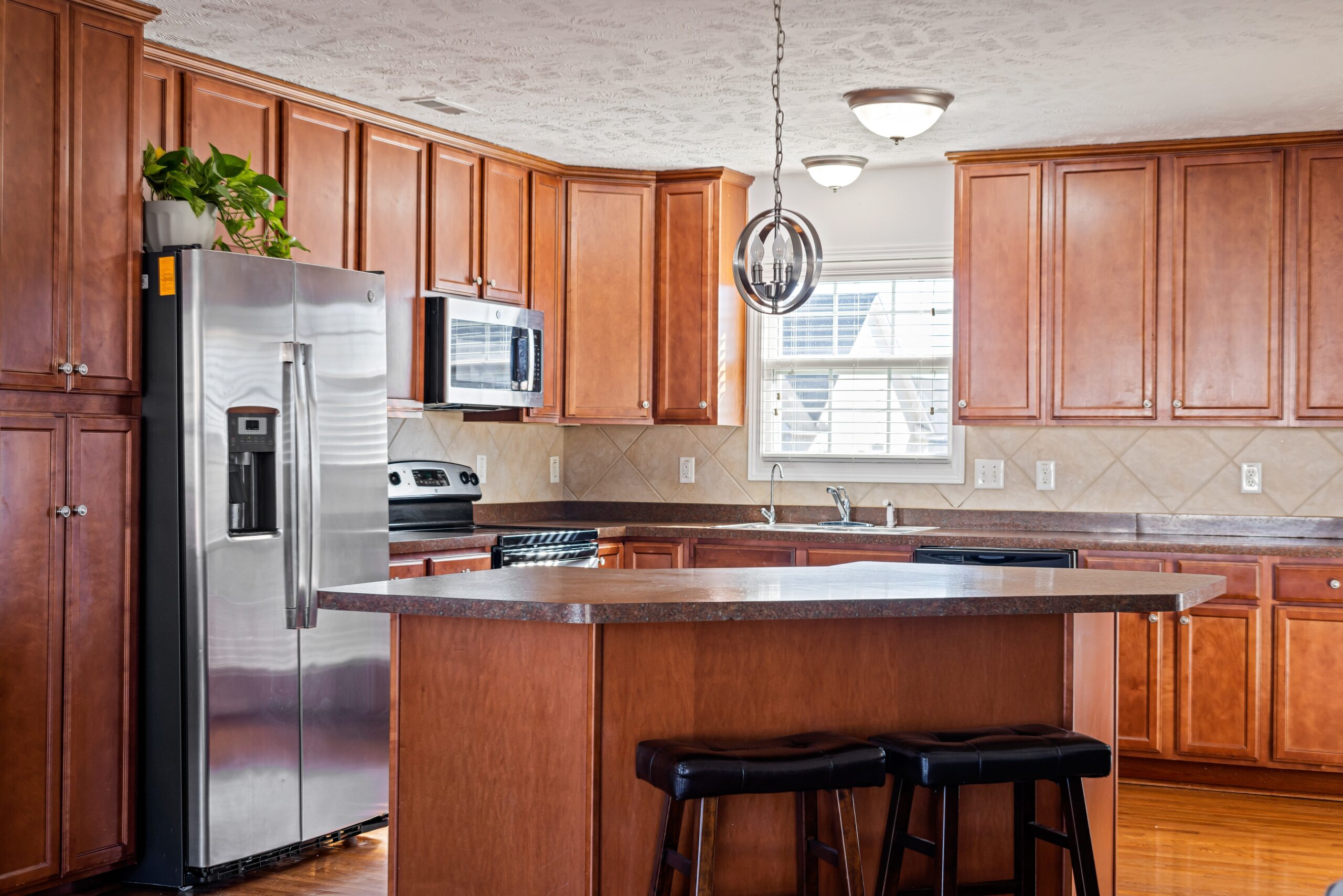Home
Nursing Home Abuse Attorney in Chicago – Protecting the Rights of the Elder

1. The prevalence of nursing home abuse in Chicago
As our population continues to age, more and more people are finding themselves in need of long-term care. For many, this means moving into a nursing home. Nursing homes are supposed to be a safe place for the elderly to live, but sadly, this is not always the case. Nursing home abuse is a serious problem in the United States, and Chicago is no exception.
According to a report from the Illinois Department of Public Health, there were 1,308 complaints of nursing home abuse in Chicago in 2017. This is a staggering number, and it represents a significant increase from the previous year. Of these complaints, nearly a third were classified as “serious.”
What is even more disturbing is that these numbers are likely just the tip of the iceberg. Many instances of nursing home abuse go unreported. Victims may be too afraid to speak up, or they may not even realize that they are being abused.
If you have a loved one in a nursing home in Chicago, it is important to be aware of the signs of abuse. Some common indicators include sudden changes in behavior, bruises or injuries, and a fear of certain staff members. If you notice any of these red flags, it is important to take action.
The first step is to speak to the nursing home administrator. If you are not satisfied with their response, you can contact the Illinois Department of Public Health or the Illinois Attorney General’s Office. You can also contact a nursing home abuse lawyer in Chicago.
An experienced attorney can help you investigate the situation and hold the responsible parties accountable. If your loved one has been the victim of nursing home abuse, you may be entitled to financial compensation. The dedicated team at Protecting the Rights of the Elder is here to help. Contact us today to schedule a free consultation.
2. The signs and symptoms of nursing home abuse
There are many signs and symptoms of nursing home abuse. Unfortunately, because the victims are often elderly and may be suffering from dementia or other cognitive impairments, they may be unable to communicate what is happening to them. This can make it difficult for family members or friends to realize that abuse is taking place.
Some common signs and symptoms of nursing home abuse include:
-Bruises, cuts, or welts
-Unexplained injuries
-Signs of restraint, such as bruises on the wrists
-Fearfulness or withdrawal from social interaction
-Sudden changes in mood or behavior
-Weight loss
-Bed sores
-Dirty or unsanitary conditions
-Unsafe or hazardous conditions
If you suspect that your loved one is being abused in a nursing home, it is important to take action. You should first try to talk to your loved one about what is happening. If they are unable to communicate, or if you are not satisfied with the response you receive, you should contact the nursing home administration. You may also want to contact an attorney who specializes in nursing home abuse cases.
3. The legal options available to victims of nursing home abuse in Chicago
If you or a loved one has suffered from nursing home abuse in Chicago, you may be wondering what legal options are available to you. Nursing home abuse is a serious problem, and victims have a right to seek justice.
There are a number of different legal options available to victims of nursing home abuse. One option is to file a civil lawsuit against the nursing home. This can help you recover damages for the physical and emotional injuries you have suffered.
Another option is to file a criminal complaint against the abusers. This can lead to the abusers being criminally prosecuted and potentially jailed.
You can also file a complaint with the Illinois Department of Public Health. This can help to ensure that the nursing home is held accountable and that steps are taken to prevent future abuse from occurring.
If you have been the victim of nursing home abuse, it is important to seek legal help as soon as possible. An experienced nursing home abuse attorney in Chicago can help you understand your legal rights and options and can fight for the justice you deserve.
4. The importance of choosing a qualified nursing home abuse attorney in Chicago
As the number of nursing home residents in the United States continues to grow, so does the number of reported cases of nursing home abuse and neglect. According to the National Center on Elder Abuse (NCEA), as many as 5 million elders are abused each year.
While nursing home abuse and neglect can happen anywhere, it is especially prevalent in larger cities like Chicago. In fact, a recent report from the Illinois Department of Public Health found that nearly one in five nursing homes in the state are cited for abuse each year.
If you or a loved one has been a victim of nursing home abuse or neglect in Chicago, it is important to choose a qualified nursing home abuse attorney to protect your rights and help you get the compensation you deserve. Here are four reasons why:
1. Experience Handling Nursing Home Abuse Cases
When choosing a nursing home abuse attorney, you want to make sure you choose someone who has experience handling these types of cases. Unfortunately, nursing home abuse cases can be complex, and you want an attorney who knows how to navigate the legal system and build a strong case on your behalf.
2. Knowledge of Illinois Nursing Home Laws
There are a number of laws in Illinois that protect nursing home residents from abuse and neglect. These laws can be complex, and an experienced nursing home abuse attorney will know how to use them to your advantage.
3. Access to Resources
Nursing home abuse cases often require a significant amount of resources to build a strong case. An experienced nursing home abuse attorney will have the resources necessary to conduct a thorough investigation, hire expert witnesses, and take your case to trial if necessary.
4. Compassionate Representation
Finally, it is important to choose a nursing home abuse attorney who will be compassionate and understanding throughout the process. Dealing with nursing home abuse can be emotionally difficult, and you want an attorney who will be there to support you every step of the way.
If you or a loved one has been a victim of nursing home abuse or neglect in Chicago, contact the nursing home abuse attorneys at Levin & Perconti today. Our experienced and compassionate attorneys will fight to
5. How to choose a qualified nursing home abuse attorney in Chicago
When it comes to choosing a nursing home abuse attorney in Chicago, you want to make sure that you are getting the best possible representation. There are a few things that you should look for when you are choosing an attorney. First, you want to make sure that the attorney you are considering has experience handling cases like yours. Second, you want to make sure that the attorney you are considering is a member of the National Academy of Elder Law Attorneys. Third, you want to make sure that the attorney you are considering is a member of the Illinois State Bar Association.
The best way to find a qualified nursing home abuse attorney in Chicago is to ask around. Talk to friends and family who have been in similar situations. Ask them for recommendations. Once you have a few names, you can start to narrow down your choices.
When you are meeting with potential attorneys, be sure to ask about their experience. Find out how many cases they have handled and what the results were. Also, ask about their fees. Be sure to get an estimate of how much the entire case is likely to cost.
Once you have found an attorney you feel comfortable with, be sure to ask about their credentials. Find out if they are members of the National Academy of Elder Law Attorneys and the Illinois State Bar Association. These are two important organizations that can help you ensure that your attorney is qualified to handle your case.
If you follow these tips, you should be able to find a qualified nursing home abuse attorney in Chicago who can help you protect your rights.

Home
Home Flooding: Protect Your Property and Stay Safe

1. Home Flooding: Causes and Consequences
Floods are one of the most common and costly natural disasters in the United States.
According to the National Flood Insurance Program (NFIP), floods cause an average of $8 billion in damages each year.
And while homeowners insurance typically doesn’t cover flood damage, it’s important to understand the causes and consequences of flooding so you can be prepared in the event of a flood.
There are many different causes of flooding, but some of the most common include:
Heavy rains: A heavy downpour can cause rivers and streams to overflow their banks, resulting in floodwaters entering your home.
Melting snow: As snow melts, it can cause rivers and streams to rise, which can lead to Home Flooding.
Dam failure: If a dam or levee fails, it can release a large amount of water, resulting in flooding downstream.
Hurricanes and tropical storms: These types of storms can cause storm surge, which is a large rise in water level due to the wind and pressure of the storm. Storm surge can cause severe flooding in coastal areas.
Flooding can have a number of consequences, both short-term and long-term. Some of the most common include:
Structural damage: Floodwaters can cause severe damage to the structure of your home, including the foundation, walls, and roof.
Mold and mildew: Floodwaters can cause mold and mildew to grow in your home, which can lead to health problems.
Contaminated water: Floodwaters can pick up contaminants like sewage and chemicals, which can make you sick if you come into contact with them.
Lost belongings: Floodwaters can damage or destroy your belongings, including furniture, electronics, and clothing.
If you live in an area that is prone to flooding, there are a few things you can do to protect your property and stay safe. Some of the most important include:
Getting flood insurance: If you live in an area that is prone to flooding, it’s important to get flood insurance. Flood insurance will help cover the cost of damages caused by flooding.
2. Preparing for a Flood: What You Can Do
No one wants to think about the possibility of a flood, but it’s important to be prepared. A little planning now can save a lot of heartache later. Here are some things you can do to protect your property and stay safe in the event of a flood.
1. Know your flood risk.
The first step in preparing for a flood is to know your risk. Check the FEMA flood maps to see if your property is in a high-risk flood zone. If you live in an area with a high risk of flooding, you’ll need to take extra precautions to protect your property.
2. Get flood insurance.
If you live in a high-risk flood zone, you should get flood insurance. Flood insurance is not included in most homeowners insurance policies, so you’ll need to purchase it separately. Flood insurance will cover the cost of repairing your home and replacing your belongings if they’re damaged in a flood.
3. Create an emergency kit.
Everyone should have an emergency kit on hand in case of a natural disaster. Your kit should include enough food, water, and supplies to last you and your family for at least 72 hours.
4. Make a plan.
In the event of a flood, you may need to evacuate your home. Make sure you have a plan in place so you know what to do and where to go. Choose a safe place to stay, such as a friend or family member’s house, and make sure everyone in your family knows the plan.
5. Stay informed.
During a flood, it’s important to stay informed. Keep an eye on the news and weather reports to stay up-to-date on the latest information. And, if you need to evacuate, make sure you know the safest route to take.
6. Protect your property.
If a flood is imminent, there are some things you can do to protect your property. Move your belongings to higher ground, if possible. And, if you have time, sandbag your doors and windows to help keep the water out.
3. After the Flood: Dealing with the Damage
If your home has been flooded, it’s important to take action quickly to protect your property and stay safe.
The first step is to assess the damage and determine if it’s safe to stay in your home. If the floodwater has entered your home, it may be contaminated with sewage or other harmful chemicals. If you have any doubts about the safety of the water, it’s best to evacuate and find somewhere else to stay.
Once you’ve determined it’s safe to stay in your home, the next step is to start cleaning up the damage. If possible, try to remove any standing water from your home. This will help to prevent further damage and make the clean-up process easier.
If the floodwater has soaked into your walls or floors, you’ll need to start the drying process as soon as possible. This can be done by opening windows and doors to allow air to circulate, and by using fans and dehumidifiers to remove moisture from the air.
It’s also important to clean and disinfect all surfaces that have come into contact with floodwater. This will help to prevent the spread of disease and mold.
Once the immediate clean-up is complete, you can start to repair the damage to your home. If the damage is extensive, you may need to hire a professional contractor to help with the repairs.
No matter how bad the damage is, remember that it can be fixed. With a little time and effort, your home will be back to normal.
4. Avoiding Flood Damage in the Future
Flooding can be a major problem for any homeowner. If you live in an area that is prone to flooding, it is important to take steps to protect your property and stay safe. Here are four tips to help you avoid flood damage in the future:
1. Elevate your home. If your home is prone to flooding, consider elevating it. This can help to prevent water from entering your home and causing damage.
2. Install a sump pump. A sump pump can be a great way to protect your home from flooding. It will pump water out of your home and away from your foundation.
3. Use flood insurance. If you live in an area that is prone to Home Flooding, it is important to have flood insurance. This will help to cover the costs of any damage that is caused by a flood.
4. Be prepared. It is important to be prepared for a flood. Make sure you know where your emergency supplies are and have a plan in place.
-

 NEWS1 year ago
NEWS1 year agoPaulo Goude: A Life in Design
-

 NEWS1 year ago
NEWS1 year agoThe Greatest Bolognese Sauce, Mallorca, And Morgan Freeman
-

 GOSSIP1 year ago
GOSSIP1 year agoDanny Glover Joins The Crowd At Anti-Asian Bias Rally
-

 Cartoon1 year ago
Cartoon1 year agoWarrior High School Dungeon Raid Department Light Novel
-

 Cartoon1 year ago
Cartoon1 year agoThe Duke Picked Up Something In The Forest Spoiler
-

 NEWS1 year ago
NEWS1 year agoGabrielle Union and Dwayne Watford wore coordinated boxy suits
-

 Health1 year ago
Health1 year agoKeto x3 – The New Weight Loss Sensation
-

 NEWS1 year ago
NEWS1 year agoBeyoncé Wearable Arts Gala 2022 Look Is Equal Parts Camp And Old Hollywood











